A new book "Bulgarian communities in Albania and Kosovo. Socio-political processes and demographic consequences (1913-2024)" was presented in Sofia. The work of Assoc. Prof. Spas Tashev, demographer at the Bulgarian Academy of Sciences, was published with the support of the Executive Agency for Bulgarians Abroad. At the event, the executive director of the agency, Rayna Mandzhukova, highlighted the scientific value of the monograph.
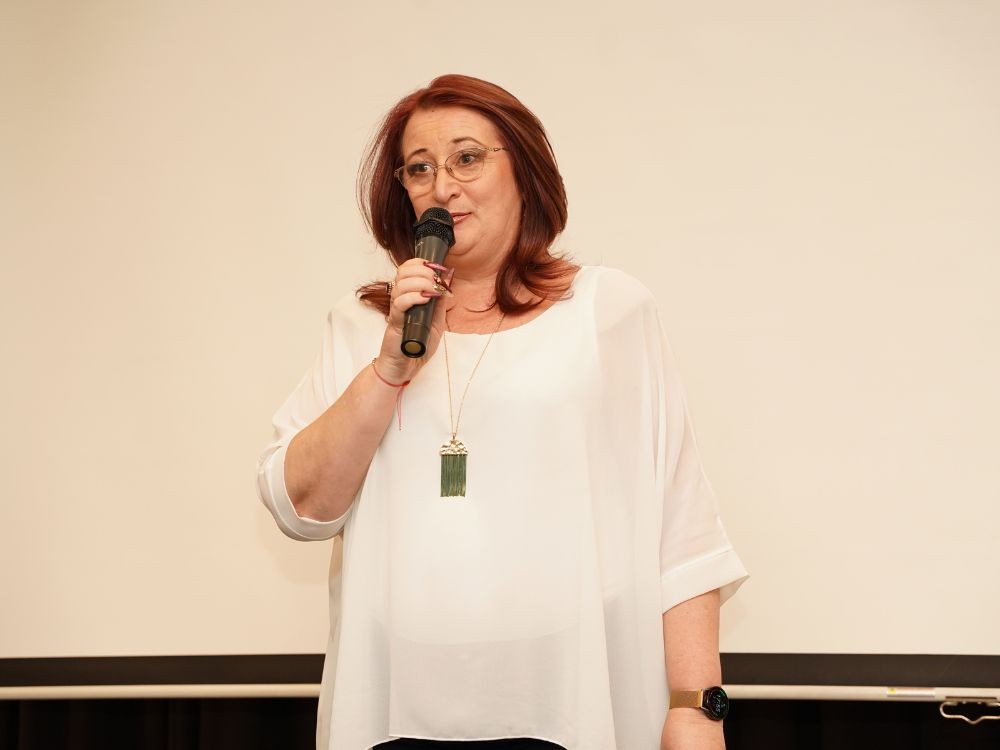
"For most of us, who are emotionally connected to the topic of Bulgarians abroad, unfortunately this emotion sometimes prevents us from seeing the practical side of things. To see the statistical side of things, to approach the topic scientifically. I am very glad that Spas Tashev managed to overcome emotion in order to dress this complex topic in numbers, facts and policies."
Vice President Iliana Iotova pointed out that the book was not just a scientific work but a tool for conducting an active foreign policy in defense of Bulgarian minorities.
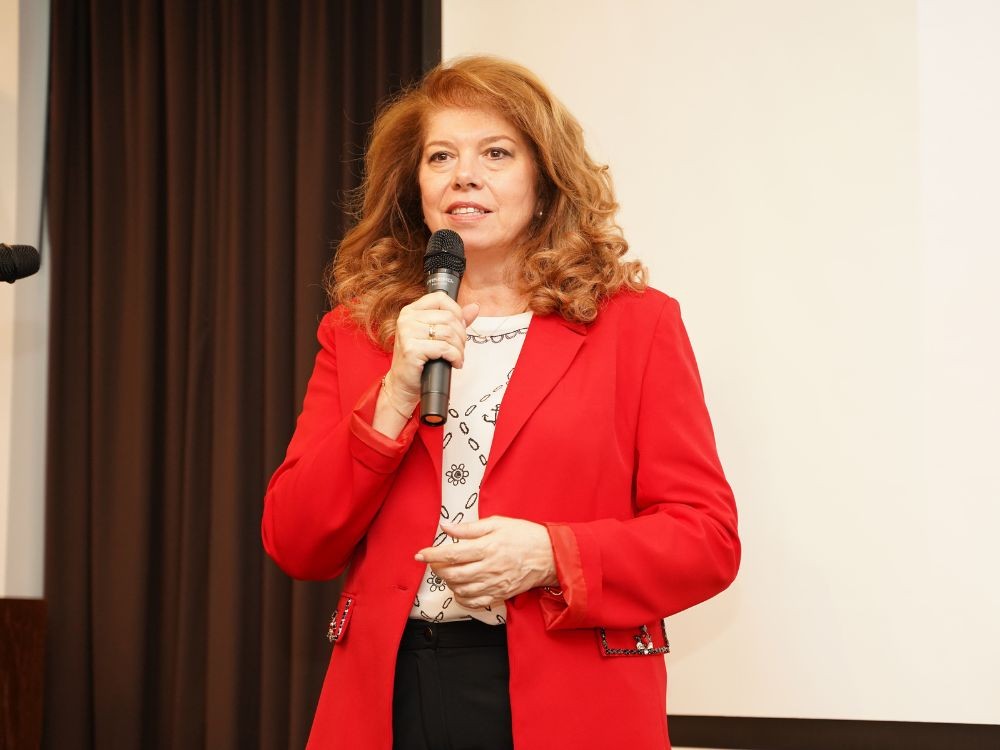
"According to me the book also has another great quality. When Assoc. Prof. Tashev suggests working policies for our communities, they are derived from the desires and views of the communities themselves."
A problem from Assoc. Prof. Spas Tashev's practice in state institutions prompted him to start collecting statistical data on historical Bulgarian communities in the Western Balkans.
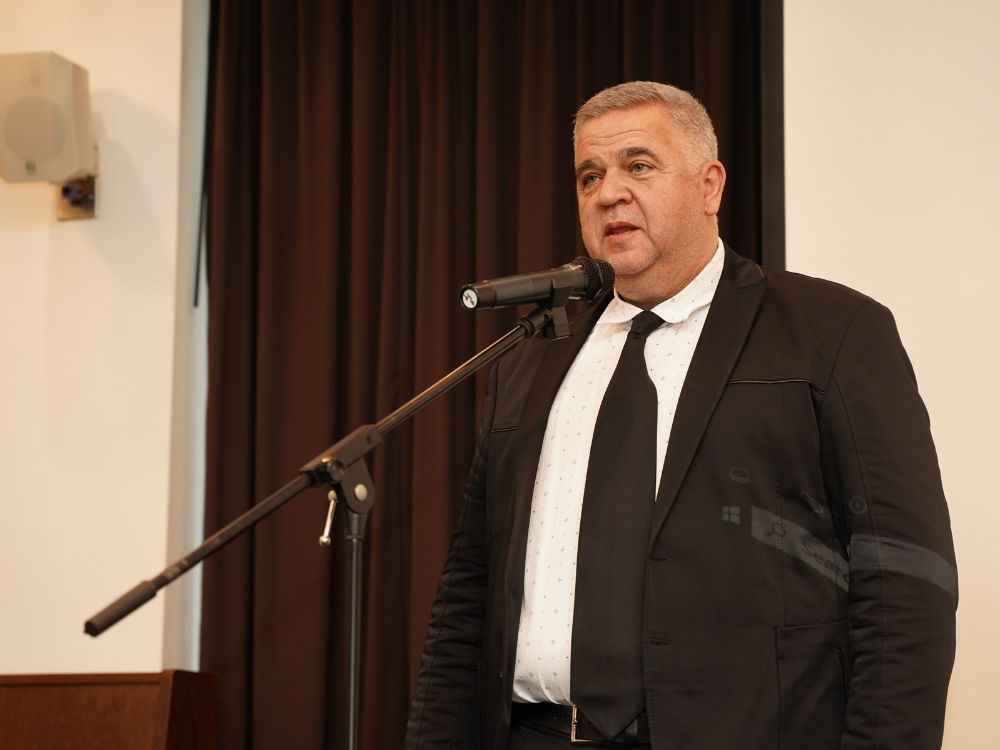
"Working over the years, it turned out that the biggest problem in practice is establishing the Bulgarian origin of these people. I myself have been a member of the Citizenship Council several times and have seen what debates are being held. Here we come to paradoxes and with the same documents within the same family, some people are recognized as Bulgarians, others are not. Therefore, we had to somehow propose a scientific approach through which to establish the Bulgarian origin. And in order to establish the Bulgarian origin, we must reach an ascendant who was officially recognized as Bulgarian."
That is how the long search in Ottoman, Austro-Hungarian, French, Italian and Albanian archives and data from various censuses from 1913 to 2024, started. All the facts in the book are indisputably derived from the documents.
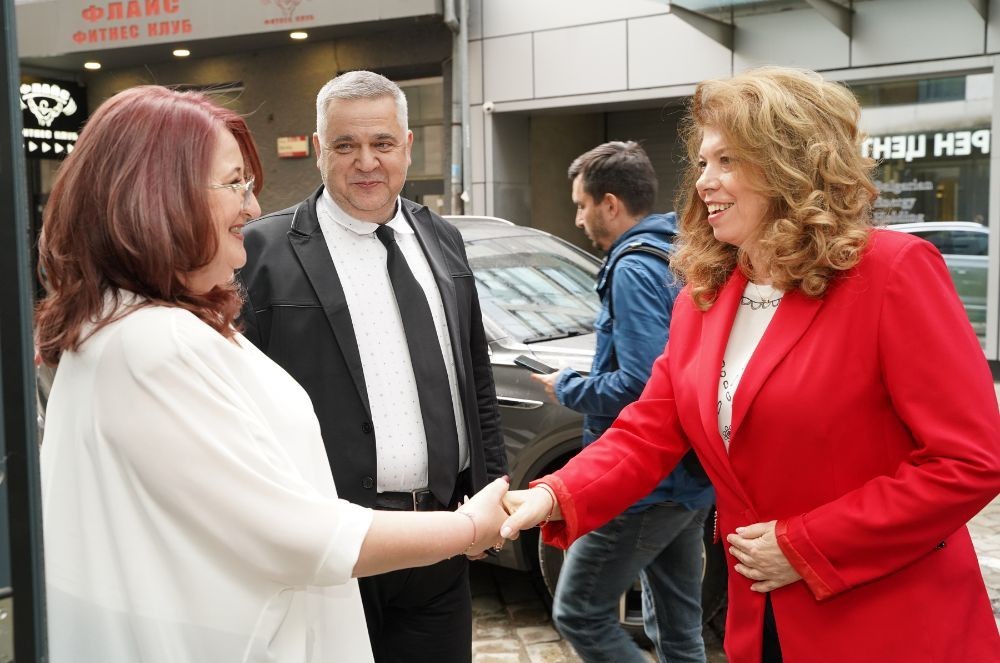
"An achievement of this book is the method of studying various demographic processes throughout all these years and periods,“ Vice President Iotova, who is also responsible for policies for Bulgarians abroad, says. „An extremely reliable statistics that still serves today as a very powerful and truly realistic and reliable tool when, unfortunately, some neighbors are trying in every way to dispute the existence of compact Bulgarian communities in this part of Europe. It is also an extremely valuable document that diplomats can work with. Bulgarian institutions can also use it when political decisions are made regarding our communities in the Western Balkans - in this case in Albania and Kosovo."
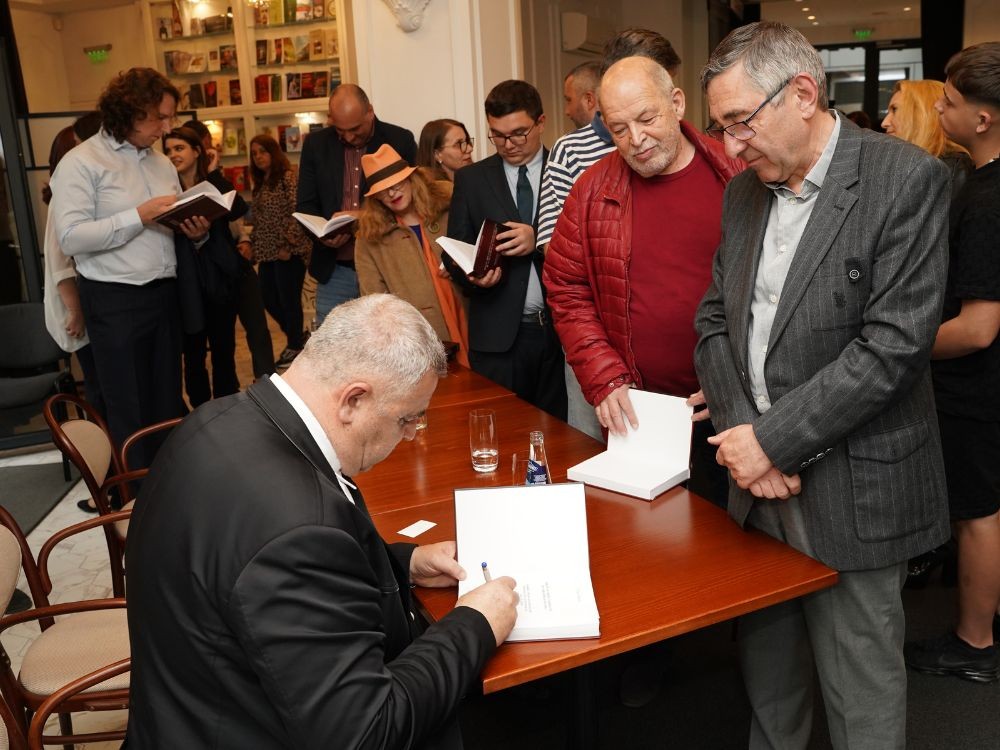
The first parts of the book were written after the collapse of the communist bloc and the opening of Albania to the free world. While the others were supplemented until the first official census of Bulgarians in the country.
"In the book, I described that the initiative to create Bulgarian organizations came from the local Bulgarians themselves. When we went to Albania in 1992/93, there were already local organizations there, mainly of people from Golo Bardo, who had created their associations. It was during this period that the number of Bulgarian organizations began to grow. Gradually, the idea of a petition was born, and on the basis of this petition, which was delivered to the Albanian parliament and a copy of it was delivered to the European Parliament, in 2017 the official recognition of the Bulgarian national minority in Albania was achieved."
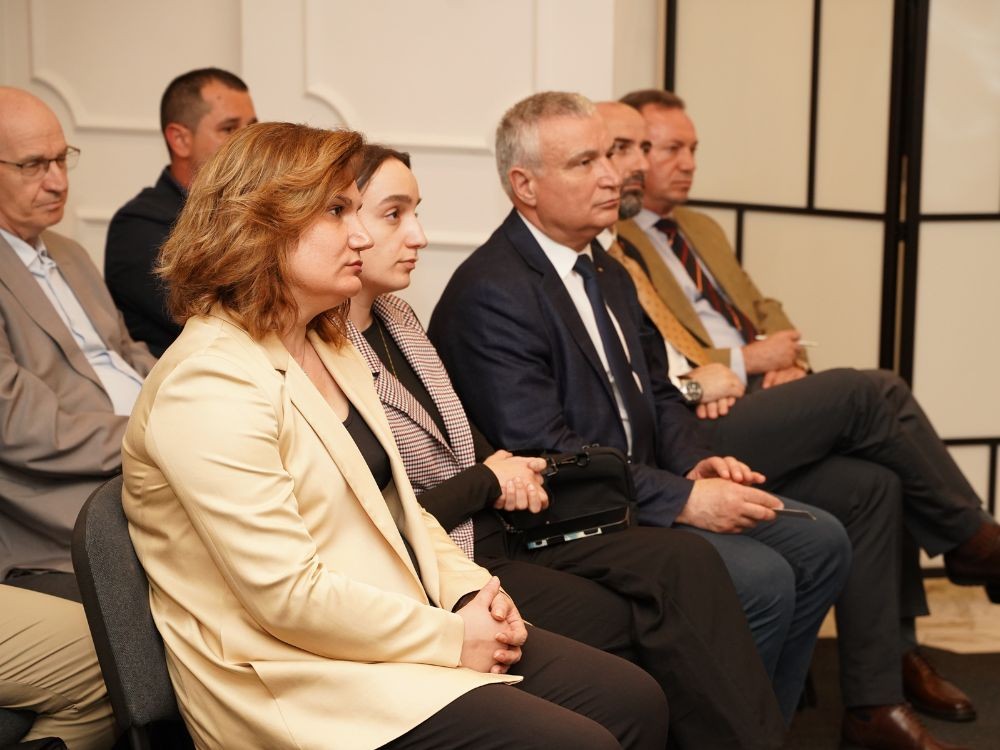
In her speech, Vice President Iliana Iotova thanked the Ambassador of Albania, Inid Milo, for the assistance provided by Tirana to the Bulgarian community. Iotova wished a speedy success to the Albanian negotiations for European integration and pointed out the importance of respecting human and ethnic rights in this process.
"My thesis is that where there is a lack of respect for and observance of human rights, including self-determination of identity, language, culture and education, there Europe ends and all our neighbours must understand this."
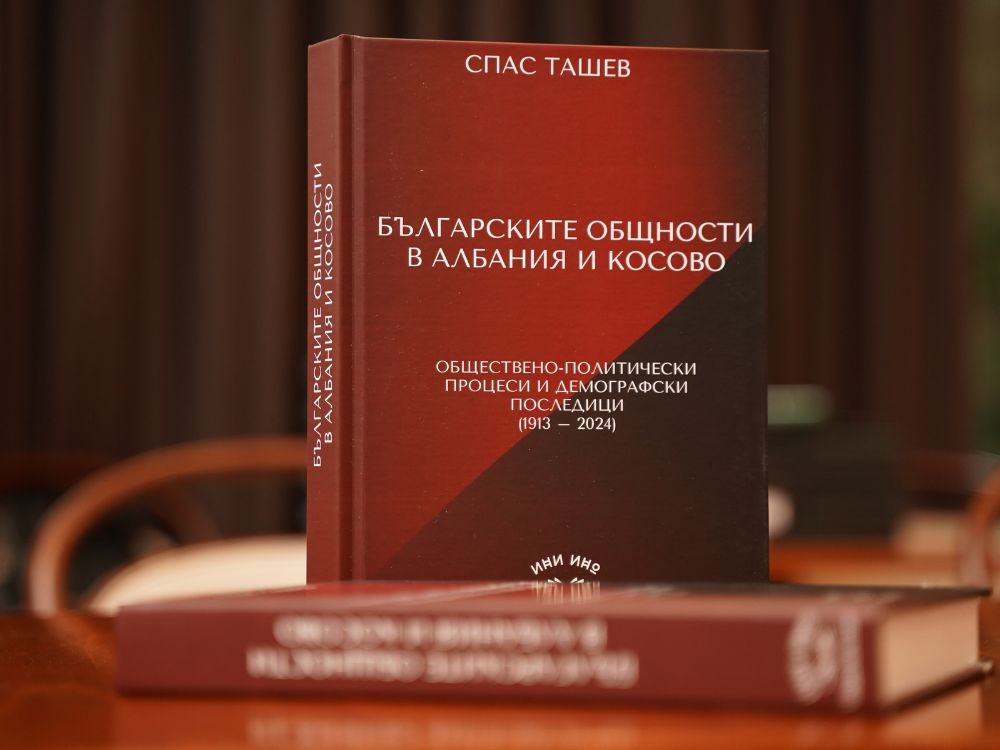
It is expected that the book by Dr. Spas Tashev will be translated into Albanian, but also into Bosniak because of the Bulgarian diaspora from Prizrenska Gora region in Kosovo. The author says that with the development of processes in the Balkans, the study will continue to expand.
Publication in English: Al. Markov
Photos: aba.government.bg
Since its establishment on April 11, 2022, the Institute for Computer Science, Artificial Intelligence and Technology – INSAIT has achieved a number of successes and continues to position Bulgaria on the world's technological map...
Shortly after the opening of the motorcycle season in Sofia at the end of March, Bulgaria's capital city will host the country's largest motorcycle exhibition . The event takes place from today until April 14 at Arena 8888 Sofia . Between 700 and..
Students and teachers from two educational companies of the National Commerce and Banking High School won awards at the global business competition Youth Business Summit 2025 – US , organized by the US Headquarters of Educational Enterprises, the..
The group cycling tour along the tourist route of the Black Sea Route Epic Tour 2025 started today . According to the extreme sports website 360mag.bg, a..
Cambridge Day 2025 - one of the leading events for English language teachers in Southeast Europe - takes place today at the Balkan Hotel in Sofia. For..
Students block the entrances to the Radio and Television of Serbia For 12 days now, students and citizens have been blocking the entrances to..

+359 2 9336 661
